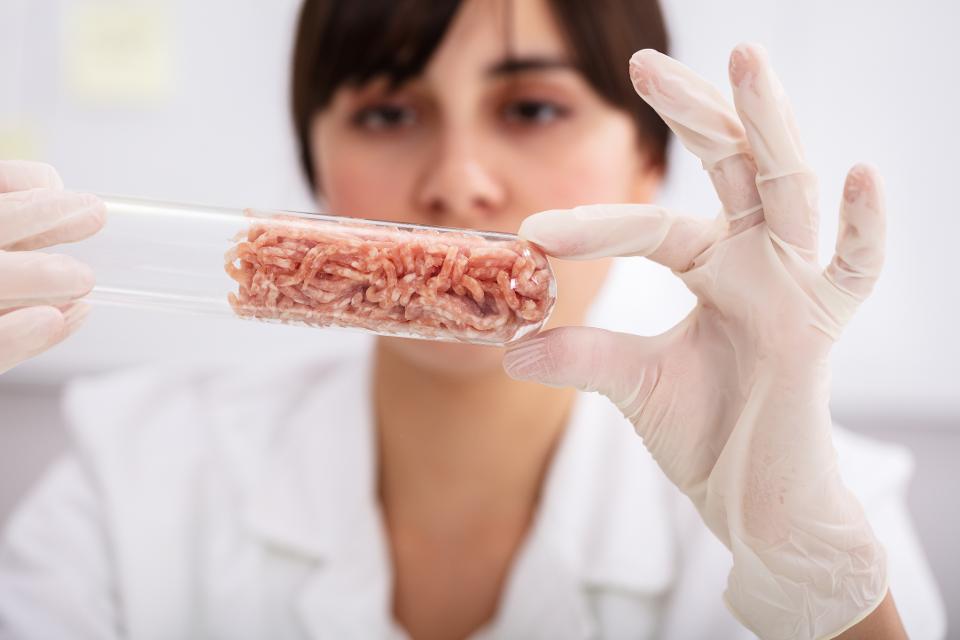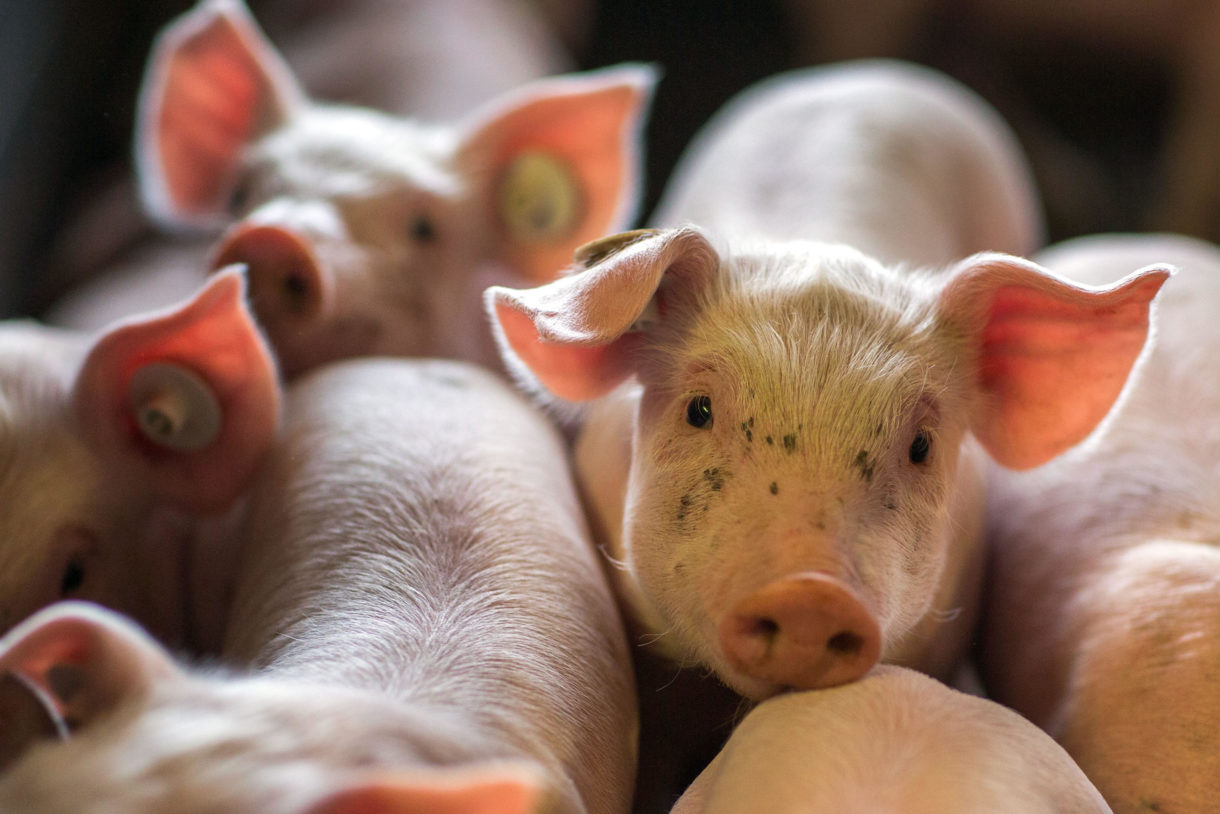An exciting new study from Maastricht University shows that consumers are willing to pay a premium for lab-grown meat. Maastricht University is where the world’s first cultured hamburger was created in 2013 with Dr. Mark Post heading the production.
The study, published in PLOSONE this week, was based on a tasting that UM scientists held for 193 consumers in the Netherlands. It’s the first study on consumer reactions to cell-based meat that included a physical product to taste. The participants were first given a presentation on cultured meat, including the science behind its production and its environmental benefits. They were then given two samples of hamburger, one labeled ‘conventional’ and the other ‘cultured.” However, in reality both were traditional beef burgers.
Even though the samples were identical, all participants rated the flavor of the so-called ‘cultured’ hamburger higher than the ‘conventional’ one. Afterwards 58 percent of the tasters said they would be willing to pay extra — an average premium of 37 percent — for cultured meat.
The participants also noted that their main deciding factor to determine how much more they’d pay for cultured meat was information. The more they knew about the process behind cell-based meat production — and its global societal and environmental impact — the more they were willing to pay for it.
The study also delves a bit into the idea of disgust, which is often more dependent on cultural norms than actual taste (ex. Westerners won’t eat bugs, even though they’re super sustainable). Disgust is certainly one of the bigger challenges that cultured meat will face when it gets to market. Companies have to convince consumers to not only sample this newfangled product — meat grown from cells in bioreactors — but, at least initially, they’ll also have to pay more for it.
“The study shows… that consumers will eat cultured meat if they are served it,” Post noted in an email sent to The Spoon. Not only that, they might even be willing to fork over more money for it. That is, as long as they’re provided with enough information to understand what exactly cell-based meat is, and why it could be an appealing option.
Of course, when cultured meat does eventually hit the market — likely a few years from now in restaurants, a decade from now in supermarkets — companies won’t be able to sit down every consumer and give them a presentation on why it’s a good option for the planet. Instead, they’ll have to rely on marketing to get the word out. Maybe even rope in some high-profile celebrity and chef endorsers like Beyond Meat has done.
They’ll also likely have to face negative campaigns from Big Meat and its friends. The CCF, a lobbying agency with ties to meat corporations, has already aired harsh commercials tearing down plant-based meat. When cultured meat — which is actual animal tissue, just grown outside the animal — becomes available, you can bet that Big Meat will come out swinging. At that point, information (and misinformation) will become all the more important.


 What is Lab-Grown Meat? - The Guide
What is Lab-Grown Meat? - The Guide